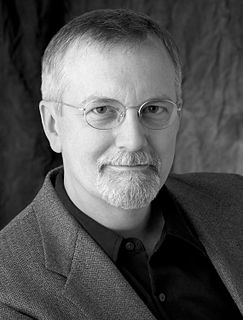A Quote by Philip Seymour Hoffman
When you think about [Truman] Capote in the - was what he did exploitative of a person's life or exploitative of these murders? You look at our culture now, you look at celebrity and how it plays out in our culture now, and Capote was one of the great PR men of his time.
Related Quotes
I really feel concerned about young people within our present culture. Our present culture, we have to change. Change is inevitable and I wasn't raised in our present culture but it has great pressure that as a young person I never had. Material pressure, social pressure, visual pressure, how you look, and I just try to appeal to young people to think for themselves, to be their own person, and to ask questions and also be very attentive to our planet and our environment.
Harper Lee and Truman Capote became friends as next-door neighbors in the late 1920s, when they were about kindergarten age. From the start, they recognized in each other "an apartness," as Capote later expressed it; and both loved reading. When Lee's father gave them an old Underwood typewriter, they began writing original stories together.
Centuries from now our great-great-great-grandchildren will look back at us with amazement at how we could allow such a precious achievement of human culture as the telling of a story to be shattered into smithereens by commercials, the same amazement we feel today when we look at our ancestors for whom slavery, capital punishment, burning of witches, and the inquisition were acceptable everyday events.
With "Good Night, and Good Luck," I think it's kind of obvious what [Truman Capote]'s getting at there, and the importance of how it's playing out today, that is journalism doing, are the journalists doing their job, are they being the other checks and balances in our country that the way that obviously Edward R. Murrow was back then.
I want studios to be financing director-driven, auteurist cinema, as they did in the '70s. I think it's starting to happen now. Plus, because of how our world has changed politically, I think audiences are demanding more realism. We need to have more stuff in our culture about what is really going on right now.
Fame is fun, money is useful, celebrity can be exciting, but finally life is about optimal well-being and how we achieve that in dominator culture, in a greedy culture, in a culture that uses so much of the world’s resources. How do men and women, boys and girls, live lives of compassion, justice and love? And I think that’s the visionary challenge for feminism and all other progressive movements for social change.
The whole ecosystem of celebrity has broken down for writers. If you go back to the '50s, '60s, and '70s, writers were on TV a lot, and they were allowed to misbehave a lot. Truman Capote was a pop figure, but it wasn't until he went on David Susskind's show and had that extraordinary voice and manner that everyone could imitate, that he really took off as a figure. Norman Mailer and Vidal, the same thing. The bestselling writers now, there's no great animal energy with them.
Many teachers of the Sixties generation said "We will steal your children", and they did. A significant part of America has converted to the ideas of the 1960s - hedonism, self-indulgence and consumerism. For half of all Americans today, the Woodstock culture of the Sixties is the culture they grew up with - their traditional culture. For them, Judeo-Christian culture is outside the mainstream now. The counter-culture has become the dominant culture, and the former culture a dissident culture - something that is far out, and 'extreme'.


































